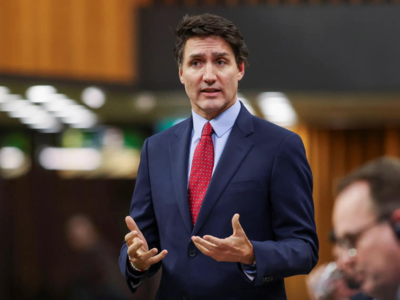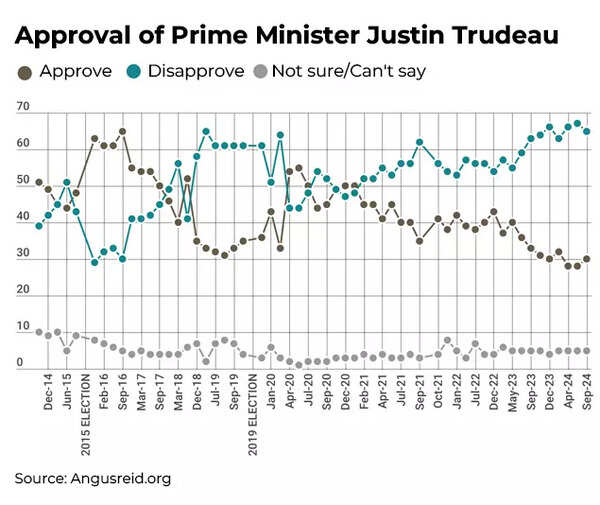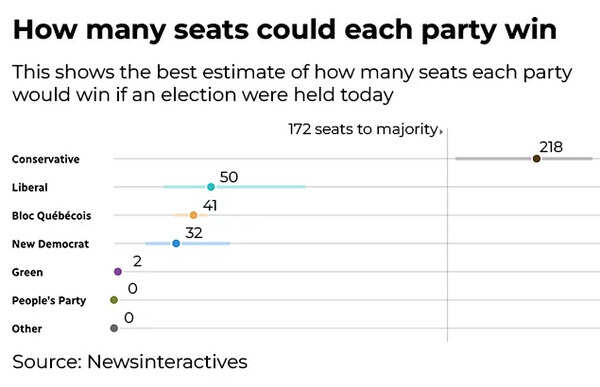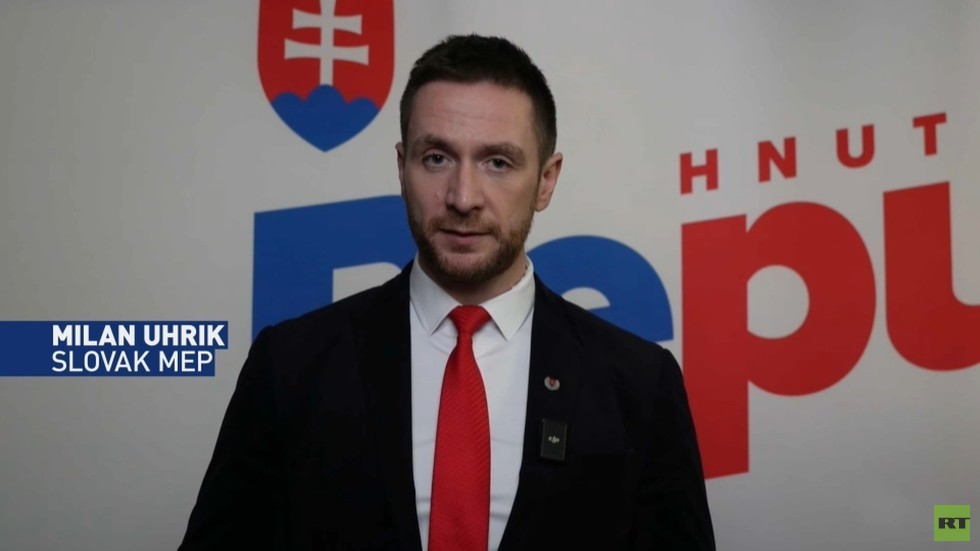
The resignation of Freeland marked the first open dissent against PM Trudeau from within his cabinet.
Canada is reeling after finance minister and deputy Prime Minister Chrystia Freeland resigned unexpectedly, leaving Prime Minister Justin Trudeau — mockingly dubbed the "Governor of Canada" by US President-elect Donald Trump — politically vulnerable amid mounting economic and political crises.
Freeland's resignation letter, pointed and scathing, criticized Trudeau's "political gimmicks" at a time when Canada faces the looming threat of a 25% tariff on its exports by Trump's incoming administration.
Freeland's abrupt exit leaves Trudeau without a key ally to navigate Trump's trade brinksmanship, highlighting fractures within his cabinet and adding momentum to calls for his resignation.
Why it matters
- Canada's political stability is critical not only for its economy but also for North American trade relations. Freeland’s departure weakens Canada’s position to respond decisively to Trump's looming tariffs, potentially disrupting supply chains and exacerbating inflation on both sides of the border.
- Freeland’s pointed critique of Trudeau’s spending — calling out “costly political gimmicks” — fuels public and political backlash against the prime minister.
- Her resignation also raises questions about whether Trudeau can maintain authority within his party or manage a rapidly deteriorating fiscal outlook.
- Trudeau’s grip on power is loosening. With Freeland gone, six ministers have already exited his cabinet in recent months, signaling deeper instability. Liberal backbenchers are increasingly calling for his resignation.
- A recent Nanos Research poll conducted for the Globe and Mail reveals that a majority of Canadians believe the Liberal Party should be led by someone other than Trudeau in the next federal election. Only 24 per cent of respondents expressed support for Trudeau remaining as leader, while 57 per cent said the party should choose someone else. Additionally, 15 per cent indicated they had no preference, and 4 per cent were unsure. These findings reflect growing public dissatisfaction with Trudeau's leadership, as calls for change within the Liberal Party continue to intensify.
- The percentage of Canadians calling for new Liberal leadership has steadily increased, rising from 55 per cent in 2023 and 51 per cent in December 2022.
- Despite this trend, Trudeau dismissed appeals from some Liberal MPs last month who urged him to step down ahead of the next election, which must be held by late October 2025.


The big picture
Freeland’s resignation marks a pivotal moment for Trudeau's Liberal government, signaling deep internal divides as Canada braces for economic headwinds. Trump’s rhetoric and tariff threats — including calling Trudeau a "governor" — underscore the vulnerability of Canada’s economy, where 75% of exports head to the US. Trudeau's political fortunes, already waning, now risk unraveling altogether.
The growing chaos within the Canadian government also reflects a broader trend among G7 nations grappling with budget deficits, populist politics, and economic uncertainty.
What they are saying
- Chrystia Freeland's letter: Freeland accused Trudeau of undermining Canada’s ability to “keep our fiscal powder dry” in the face of Trump’s tariffs. She argued that Trudeau's economic policies were "unsustainable" and that Canada required a serious, united response to Trump's threats.
- Pierre Poilievre, Conservative leader: “The government is spiraling out of control... This chaos weakens Canada at the very moment we’re staring down the barrel of Trump’s tariffs.”
- NDP leader Jagmeet Singh: Singh called for Trudeau’s resignation, warning that the Liberals "can’t muddle through" a tariff crisis with a fractured cabinet.
- Trudeau: “It has been an eventful day,” he said at a party fundraiser, insisting his leadership remains a privilege. However, his silence in the immediate hours after Freeland’s departure deepened the sense of disarray.
The Great State of Canada is stunned as the Finance Minister resigns, or was fired, from her position by Governor Justin Trudeau. Her behavior was totally toxic, and not at all conducive to making deals which are good for the very unhappy citizens of Canada. She will not be missed!!!
US President-elect Donald Trump
Zoom in
Freeland's resignation came just hours before she was scheduled to deliver Canada’s fall fiscal update, which revealed a ballooning deficit of C$62 billion — a 50% surge from previous projections. The news triggered market volatility: bond yields spiked, and the Canadian dollar dropped to a four-and-a-half-year low.
Economic fallout: Freeland’s resignation leaves Dominic LeBlanc — Trudeau’s long-time ally and new finance minister — to clean up a worsening fiscal situation. LeBlanc faces the dual challenge of stabilizing Canada’s economy while negotiating with Trump’s team to avert a tariff war.
Between the lines
Trump’s quip about Trudeau as "governor" is more than rhetoric; it reflects Trump's strategy of economic nationalism and Canada’s economic dependence on the US. In his first term, Trump used similar tactics during the renegotiation of NAFTA, leveraging tariffs to pressure Canada into concessions. Freeland played a key role in that deal, but with her exit, Trudeau is left vulnerable and isolated.
Trudeau’s decision to embrace short-term spending measures — like tax holidays and rebates — to salvage his political standing has further strained Canada’s fiscal credibility. These moves, Freeland suggested, undermine Canada’s ability to withstand economic shocks, including Trump’s tariffs.
What’s next
Trudeau’s leadership will face a crucial test in the coming weeks, with speculation mounting that a no-confidence vote could topple his minority government by early 2025.
Meanwhile, Trump has made it clear that his America First policies will dictate trade relations. His rhetoric suggests Canada must prepare for tough, unilateral demands that could reshape the North American trade landscape.
(With inputs from agencies)

 4 days ago
4
4 days ago
4










 English (US) ·
English (US) ·